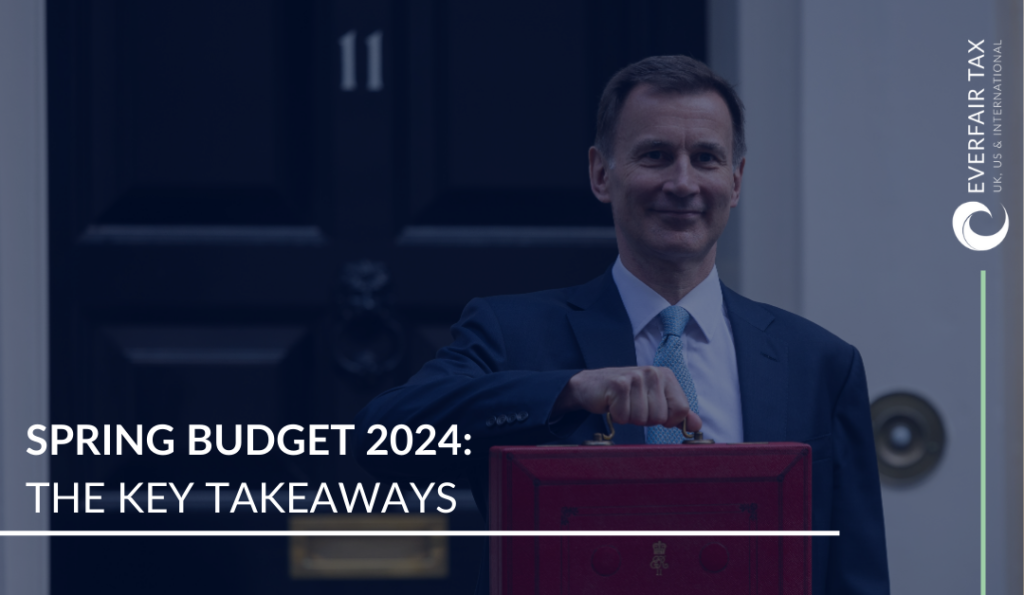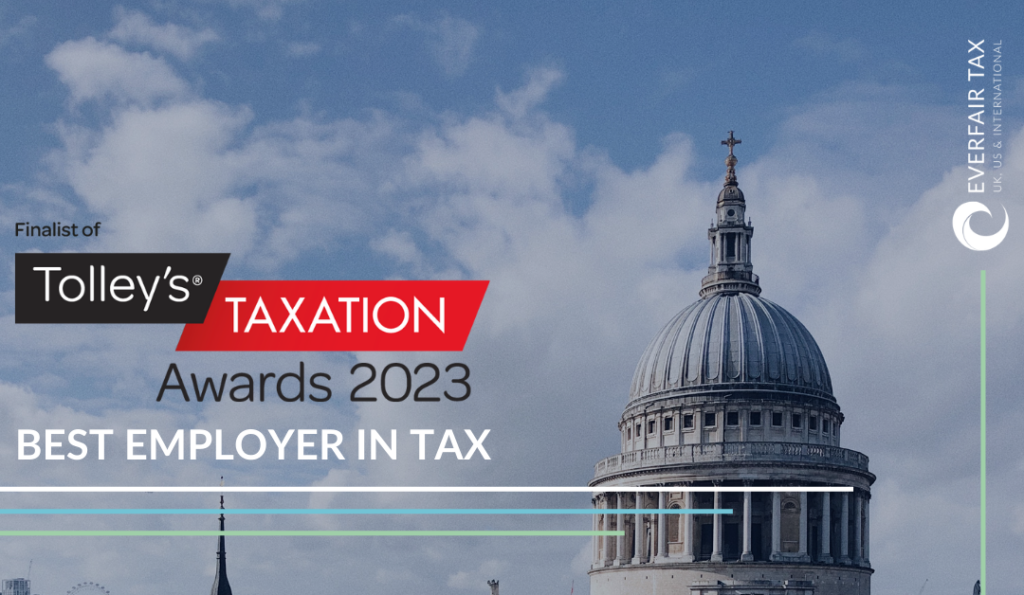As we head into a new tax year, we have summarised all the upcoming changes to tax from 6 April 2024.

Personal Pensions
- As of 6 April 2024, the Lifetime Allowance charge has been abolished.
- This means there will be no limit on how much you accumulate in your pension in your lifetime (annual limits still apply)
- Capped pension tax-free lump sum at £268,275 – or 25% of your pension pot, whichever is lower.
- Any withdrawal above this will be subject to income tax at your marginal rates
ISAs
- Tax-efficient ISA allowance remains at £20,000
- Junior ISA annual allowance remains at £9,000
- You can now open and pay into different ISAs of the same type in a single tax year.
- Plans to introduce a British Stocks and Shares ISA, meant to encourage investment in British companies.
- This would allow you to save an additional £5,000 per year tax efficiently into the new ISA
- No date announced for when this will be available, consultation to take place
Savings Allowance
- No changes to the personal savings allowance
- Allowance of £1,000 for basic rate taxpayers, £500 for higher rate tax payers and £0 for additional rate tax payers
Dividends Allowance
- Dividend allowance is being reduced from £1,000 to £500 as of 6 April 2024.
Capital Gains Tax
- The CGT allowance has been reduced from £6,000 to £3,000 from 6 April 2024.
- For residential property gains on disposals made from 6 April 2024, the higher rate of CGT will reduce from 28% to 24%.
- Private Residence Relief will still apply on qualify sales of a main residence
High Income Child Benefit Charge (HICBC)
- The threshold for HICBC will be increasing from £50,000 to £60,000.
- The rate at which HICBC has also been halved from 1% of Child Benefit for every additional £100 earnt above the threshold to 1% for every additional £200 earnt above the threshold
- This means the threshold for which Child Benefit will be completely clawed back has increased from £60,000 to £80,000.
- As long as you earn between £60,000 and £80,000 it may still be worth it financially to claim the benefit.
Personal Tax
- No changes to personal tax rates, or the personal tax thresholds.
National Insurance
- The main rate of primary Class 1 NI contributions will be reduced by 2p from 10% to 8% on earnings between £12,570 and £50,270 per annum (2% rate remains on earnings above this amount).
- The main rate of Class 4 NI contributions will be reduced from 9% to 6% on profits between £12,570 and £50,270 (2% rate remains on profits over this amount).
- Removal of the requirement for the self-employed to pay Class 2 NI contributions with effect from 6 April 2024
Domicile
- The government has announced plans to abolish the remittance basis of taxation for non-UK domiciled taxpayers and replace it with a simpler residence-based system. The changes are proposed to take effect from 6 April 2025
- Overseas Workdays Relief will be reformed based on the new system to remove the need to retain income earned overseas outside the UK
- There will be a consultation to move to a residence-based system for Inheritance Tax
If you have any questions about how these upcoming changes may impact you, please get in touch with your usual advisor, or email us at info@everfairtax.co.uk.










